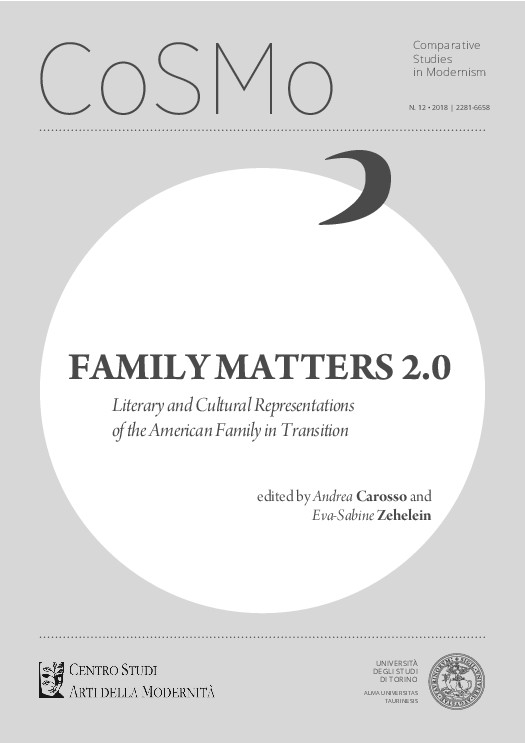“Mandate of Eros”: The Disease of Love in Eliot, Pound, and British Psychology
DOI:
https://doi.org/10.13135/2281-6658/2463Abstract
T. S. Eliot’s “The Love Song of J. Alfred Prufrock” and Ezra Pound’s Hugh Selwyn Mauberley constitute studies in the paradoxically arresting and motivating power of erotic love and its relation to impotent and creative verse. While love paralyzes Eliot’s Prufrock, Pound uses the voice of Mauberley to both illustrate and overcome the paradoxical nature of love in order to give birth to a fertile poetics after his earlier frustrated attempts. Though the voices of Prufrock and Mauberley share similarities, I argue that we ought not conflate Eliot’s and Pound’s poetics. Instead, a clear difference arises between the two when considering the British integral school of psychology that influenced Eliot’s and Pound’s early work during their years in England. Applying the work of one of the members of this school, William Brown, to Eliot’s and Pound’s poetry reveals that “Prufrock” instantiates a poetics of pathological passionate love, whereas Mauberley achieves a poetry of what Brown calls the “divine” affection of love over and against the passionate love prevalent in modernity.
Downloads
Downloads
Published
Issue
Section
License
Authors keep the copyrights for their work and give the journal the work’s first publication copyright, which is at the same time licensed under a Creative Commons License – Attribution, which in turn allows other parties to share the work with an acknowledgement of the work's authorship and initial publication in this journal.
Content Licence

You are free to copy, distribute and transmit the work, and to adapt the work. You must attribute the work in the manner specified by the author or licensor (but not in any way that suggests that they endorse you or your use of the work).
Metadata licence

CoSMo published articles metadata are dedicated to the public domain by waiving all publisher's rights to the work worldwide under copyright law, including all related and neighboring rights, to the extent allowed by law.
You can copy, modify, distribute and perform the work, even for commercial purposes, all without asking permission.





